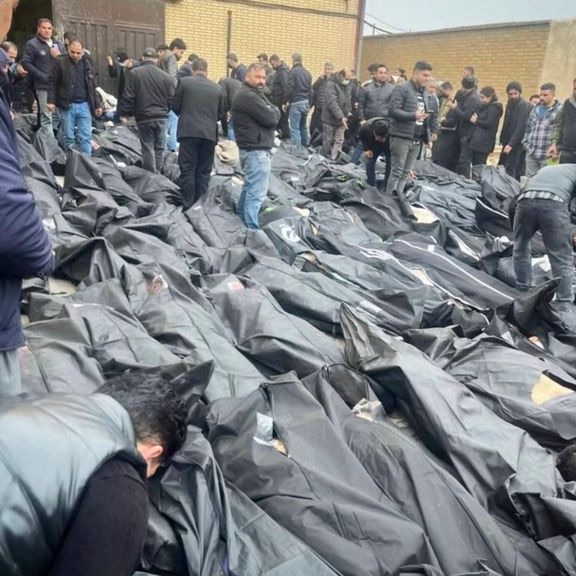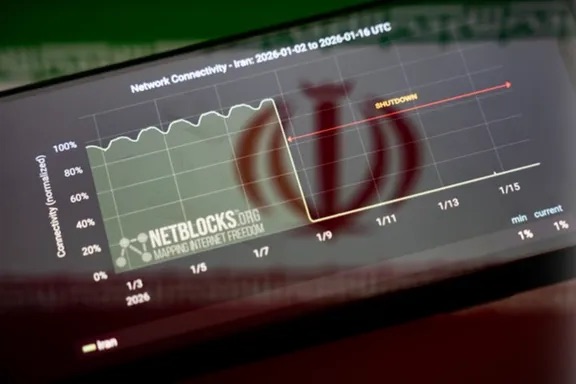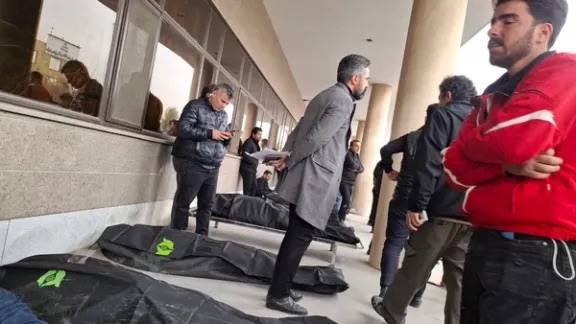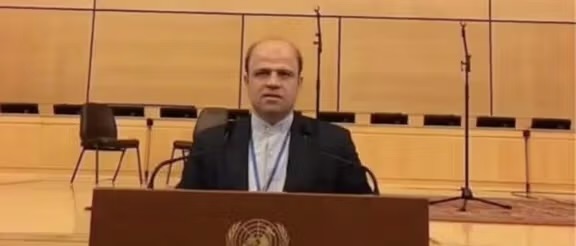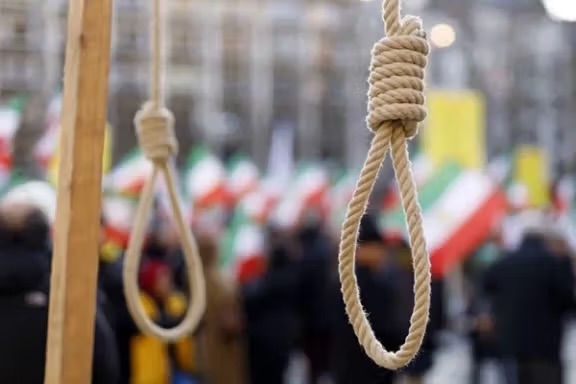
More than 300 global figures—including UN experts, Nobel laureates, former ambassadors, judges, and leading human rights advocates—have issued a joint appeal demanding urgent United Nations intervention to stop what they describe as a “state-led campaign of politically motivated executions” in Iran, with a significant number of the executions taking place in the Arab-majority region of Ahwaz.
The statement, signed by a broad coalition of international voices, condemns the Iranian regime’s use of the death penalty as a tool of political repression and calls on democratic governments and UN institutions to take immediate action.
At the heart of the appeal are the cases of Behrouz Ehsani, 69, and Mehdi Hassani, 48, whose death sentences were recently upheld by Iran’s Supreme Court. The two men were prosecuted on charges of “membership in the Mujahedin-e Khalq Organization” and “propaganda against the regime”—charges the regime framed as “enmity against God” and “corruption on earth” to justify execution.
Their trial, held on August 10, 2024, was described as a farce. “It lasted only five minutes,” the statement says. “The two men were denied legal counsel for nearly two years, subjected to torture, and not allowed to speak during proceedings.”
The statement also points to an alarming increase in executions under the presidency of Masoud Pezeshkian, who took office in August 2024. Since then, over 1,000 executions have been carried out across the country—with the highest concentration in the southwestern region of Ahwaz, home to Iran’s oppressed Arab minority. Human rights monitors report that Ahwazi political prisoners, including women and juveniles, are being targeted in secretive and arbitrary trials, often without due process or access to lawyers.
Several detainees, such as Abolhassan Montazer and Sharifeh Mohammadi, have been transferred to Ghezel Hesar Prison—one of Iran’s most notorious execution centers—raising fears of imminent executions.
The joint appeal also highlights the findings of former UN Special Rapporteur Javaid Rehman, whose 2024 report concluded that Iran’s mass executions in the 1980s amounted to crimes against humanity and potentially genocide. “The Iranian regime’s continued targeting of political prisoners, especially in ethnic regions like Ahwaz, reflects a deeply entrenched culture of impunity,” the statement declares.
The signatories urge the UN and democratic nations to impose sanctions on Iranian officials involved in these abuses and to condition future diplomatic engagement with Tehran on the release of political prisoners and the abolition of the death penalty.
According to Amnesty International, Iran accounted for 64% of all known executions worldwide in 2024, with at least 972 people executed—many of them in ethnic minority regions like Ahwaz.
